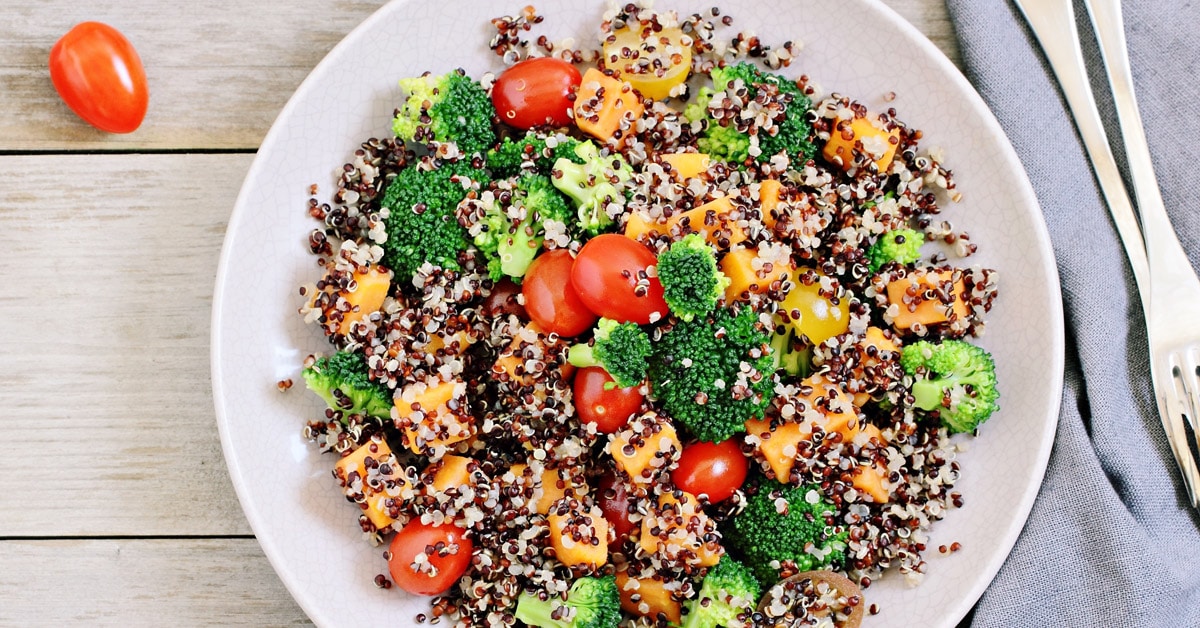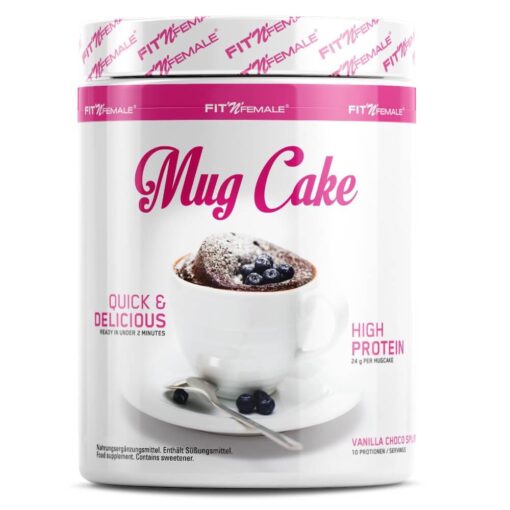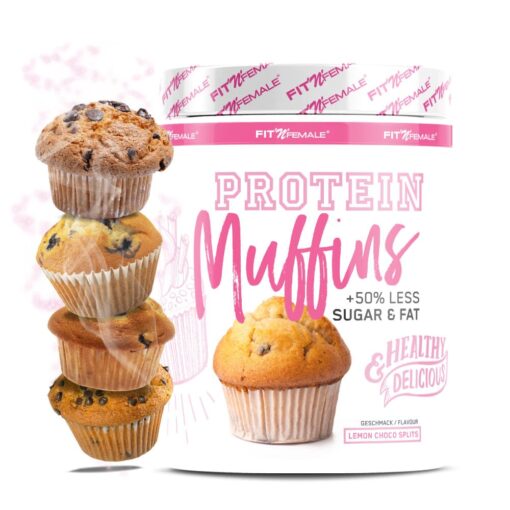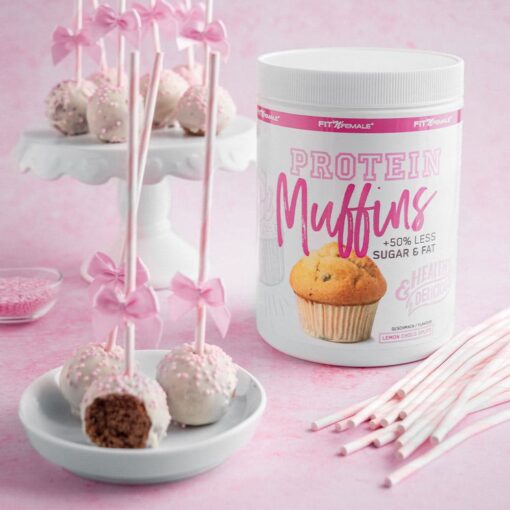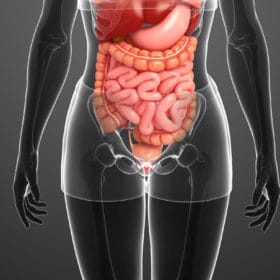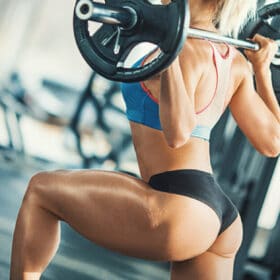It goes without saying that every food contains energy that your body needs to develop strength, regulate temperature and maintain other processes. However, one problem that modern society is increasingly confronted with is the mass of industrially processed foods, which may have a high energy density, but on closer inspection are not suitable for a healthy diet. In particular, the combination of huge amounts of sugar and a high fat content has a negative impact on everyone's health. It's no wonder, for example, that some high-energy foods only lead to one craving attack after another due to the sharp rise in blood sugar. In the following article, we would therefore like to introduce you to 5 high-energy foods that will keep you going for a long time.
Bananas
When it comes to planning and ultimately implementing a diet, many exercisers simply forget to eat sufficient amounts of fruit. The reason for this is the fear of the sugar it contains, which is basically unfounded, as fruit, unlike white flour products, contains significantly more water and also valuable micronutrients. One of the fruits that stands out in terms of energy richness is the banana, which is particularly rich in minerals such as potassium. In addition, a medium-sized banana provides you with around 105 kilocalories, which are mainly made up of carbohydrates, making the banana an ideal post-workout snack. In this regard, it should also be noted that an average banana provides you with 17 percent of your daily dose of vitamin C and even 20 percent of the necessary vitamin B6. As eating bananas becomes quite monotonous over time, it is a good idea to prepare your post-workout shake in a blender with a few pieces of banana to spice up the taste of the drink a little and take advantage of the fruit's positive properties.
Quinoa
If you're fed up with oatmeal and are looking for an energy-rich and healthy alternative, then quinoa might be for you. Originally from South America, the plant, also known as Andean millet, has more to offer than just a portion of carbohydrates, as the protein content of this increasingly popular seed is not to be sneezed at. The fact that quinoa is a very energy-rich food can already be seen from the nutritional table, as it contains 14 grams of protein and 6 grams of fat as well as a good 64 grams of carbohydrates. In addition to the macronutrient level, the concentration of micronutrients is also impressive, as the seeds of the quinoa plant have a high content of iron, magnesium and vitamin B6. In practice, quinoa can be used just as flexibly as rolled oats, regardless of whether you combine the seeds with berries and nuts as the basis for an energy-rich muesli or use them to bake pancakes.
Whole eggs
Whole eggs have a bad reputation in the fitness community due to the fat they contain and not least because of many widespread myths, which primarily concern cholesterol - and wrongly so! Rocky Balboa has already shown us that whole eggs are full of energy and are as much a part of an athlete's diet as the Amen in church. Now you don't need to down eggs raw in a glass of water, but you should still think about the value of this food. The typical whole egg is not only characterized by a particularly high energy density, but is also the source of protein with the highest biological value. To take advantage of this, however, it is not enough to consume only the egg white, as a large proportion of the essential amino acids are actually found in the egg yolk. In addition, despite widespread prejudice, the saturated fatty acids contained in egg yolks are healthy and help your body to produce vital hormones and maintain their balance, among other things. With regard to your calorie balance, it is of course not necessarily advisable to only use whole eggs - but one or two more eggs can't do any harm.
Beet
You may be surprised that beet is one of the most energy-rich foods, but that's exactly the case. With a total of 14 grams of carbohydrates, this vegetable, which you probably didn't necessarily like as a child, is characterized less by its macronutrient content than by its high nitrate content. Accordingly, the consumption of beet promotes nitric oxide production in the body, which improves blood flow, allowing nutrients to reach the muscle cells more quickly and efficiently. In addition, sports scientists have recently discovered that beet also contains betaine, which acts as a methylator in the human body and ensures a healthy balance within the body. You can integrate beet into your diet in a variety of ways, for example as a side dish with potatoes or as an eye-catcher in a salad.
Coconut oil
Like all other oils, coconut oil has an extremely high energy density, which is of course due to its high fat content. However, coconut oil differs considerably from comparable oils in one respect, as it consists to a large extent of medium-chain fatty acids, known as MCTs. These fatty acids can be easily absorbed by the body and processed into energy, which benefits your performance in endurance sports, among other things. Furthermore, recent findings from sports science studies suggest that MCTs boost both protein metabolism and fat metabolism. Due to its heat resistance, you can use coconut oil not only as a supplement for shakes, but also as an alternative to olive oil when cooking and frying.
